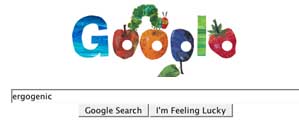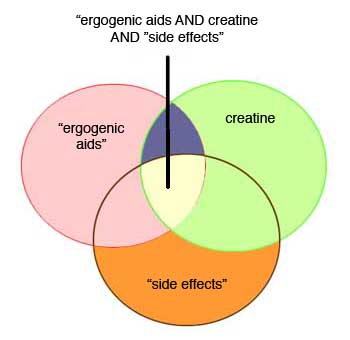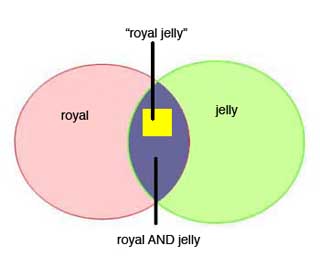|
Internet Assignment 4
Controversy 10 - Ergogenic Aids |
| Before we look for information on this subject, let's review the domain endings that will give us a clue as to the source (and bias) of the information.
|
| I've run a quick search through Google for 'ergonegic aids',
and come up with a list of many sites. A fast glance through the URLs
of these sites will give me some clues as to their origin.
Unfortunately, these clues are sometimes misleading:
|
| Your
controversy for chapter 10 talks about ergogenic aids. If we do a fast search on Google, we can come up with some definitions for ergogenic
At the top of your result list will be definitions provided by Wikipedia, and by Merriam Webster's medical dictionary. Look at these two definitions and write down your own definition of ergogenic. #7 in my result list is an article from the Quackwatch author. Scan through this article and summarize what he thinks about ergogenic aids. Under the subheading Roots of Ergogenic Mythology, he says that it all started with the ancient belief that great strength could be obtained by eating the raw meat of what type of animal? Hit the back button and get back to your list of results. In the upper left corner, you should see a figure estimating the number of items that Google found:
|
|
We certainly don't want to look through 199,000 sites looking for something we can use, so let's try to narrow our search. We can use phrase searching by putting quotes around the phrase |
This tells the Google search engine to find only those articles with those 2 words together in that exact order. Now how many results did you get? |
We can limit the search even more by adding another term, such as creatine. Put this extra term outside the quotes. This tells the search engine to find the articles that have the phrase AND the single word. |
How many results do you get with this search? |







